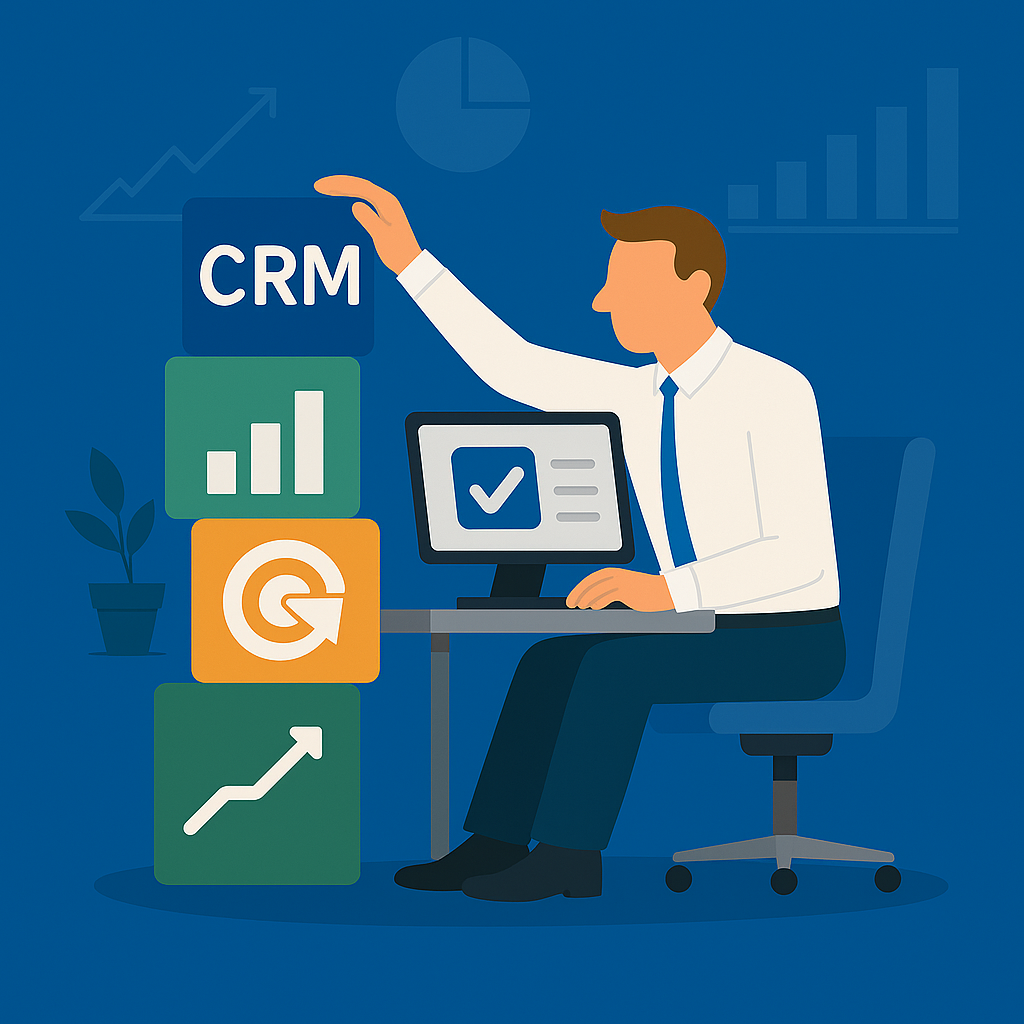For companies today, CRM (Customer Relationship Management) is no longer just a supporting system — it is a strategic business platform that has become one of the cornerstones of competitiveness. Without digitalized customer relationship management, businesses lose the ability to operate in a customer-centric, efficient, and measurable way.
CRM systems not only support sales and marketing, but also make the entire customer journey transparent and manageable. As a result:
-
Customer-centric service (customer experience) can be achieved,
-
Market reach and customer acquisition potential can be maximized,
-
Sales cycles are shortened,
-
Lead-to-deal conversion and new customer acquisition rates increase,
-
Customer retention improves.
All of these make CRM one of the most important tools of business transformation.
How to Exploit the Opportunities of CRM Implementation
The success of implementation is not self-evident. Business value is only realized if the company consciously manages CRM as a strategic asset. Key success factors include:
- Executive Commitment
CRM can only become an integral part of the organization if top management actively supports it and treats it as a business priority. - Data Quality and Integration
Clean, unified customer data provide real value to the system. Integration with ERP, marketing automation, and customer service platforms is essential. - User Engagement
Success requires that sales and customer service staff perceive CRM not as an administrative burden but as an effective support tool for their daily work. - Process Optimization
CRM is not meant to replicate the status quo. Redesigning processes and applying best practices create true business advantage. - Measurable Goals and KPIs
Implementation must be built on clear, quantifiable objectives — shortening sales cycles, improving conversion rates, enhancing customer retention and satisfaction. - Continuous Improvement
CRM is not a static system. Continuous incorporation of user feedback and evolving business needs ensures that it remains a dynamic and competitive solution in the long term.
Summary
CRM implementation is not merely an IT project but a business transformation that measurably contributes to growth and competitiveness. Organizations that approach CRM with a strategic mindset are not just implementing a system — they are building long-term business value and sustainable competitive advantage.
At FusionR Sales, we place special emphasis on these principles: we don’t just deliver a technological solution, but a business-oriented approach that ensures long-term success. In our projects, we always focus on data integrity, user education, executive support, and ensuring that the system’s use leads to measurable business outcomes.
Get in touch with us!




